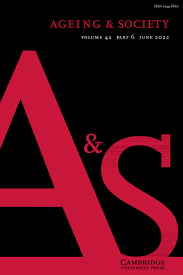
M. Ángeles Tortosa
Rafael Granell
Abstract:
The main purpose of this article is to evaluate the innovative nursing home voucher scheme introduced by the Valencian Community in the early 1990s to implement the objectives set by the national plan for the development of services for the elderly. The article begins with a review of the evolution of Spanish social services, and in particular of the nursing home sector, and then summarises the genesis, objectives and characteristics of the voucher system. The main part of the paper reports on a performance analysis and an economic evaluation of the programme. Based on detailed information over four years, it concludes that the residence vouchers have contributed to an increase in the supply of publicly funded rooms, promoted equal access to the service and increased user choice. However, it also shows that, while vouchers may lead to an increase in the quality of inputs, they increase utilisation and expenditure. In the absence of the monitoring or reporting data that would be required, it is not possible to determine whether the scheme has increased efficiency, in the sense of improving the quality of life of older people at a reasonable and controllable cost.
Reference:
Tortosa, M.A.; Granell, R. (2002): Nursing-home Vouchers in Spain: The Valencian Experience, Ageing & Society, 22(6), pp. 669-687. DOI: https://doi.org/10.1017/S0144686X02008942
